The John Randle Centre for Yoruba History and Culture in Lagos redefines what a museum can be. Opened to the public in October 2024 after being inaugurated by former President Muhammadu Buhari in January 2023, the Centre is challenging the traditional Eurocentric model of museum design and storytelling. Located in the heart of the Onikan district, opposite the Nigerian National Museum, the Centre stands out with its striking red and gold lattice exterior inspired by Yoruba mythology and urbanism. The design symbolizes growth, with the structure appearing to rise from the ground toward the Yoruba spirit gods, the Òrìshàs.
Named after John Randle, a Sierra Leone-born physician who built Lagos’s first public swimming pool in 1928 during colonial times, the Centre honors his legacy by integrating the restored pool into its broader regeneration mission. Lead architect Seun Oduwole and consultant curator Dr. Will Rea envisioned a space that would break the norms of traditional museum curation. Rather than displaying Yoruba culture as an artifact of the past, the Centre immerses visitors in its vibrancy, encouraging interaction with art, music, poetry, and digital experiences.
From the outset, the project team had no collection to display, which led to an intensive search across Nigeria and international museums for Yoruba artifacts. Loans, including one from the British Museum of the historically significant Lander Stool, became key to building the Centre’s exhibits. However, only a quarter of the museum is dedicated to artifacts. The rest highlights Yoruba culture as living and evolving. Visitors journey from ancient myths through contemporary customs to imagined futures, with interactive exhibits including a radiogram playing late storyteller Jimi Solanke’s tales and digital installations that transform guests into ancestral masquerades or Orisha deities like Shango.
Language plays a central role in reclaiming cultural identity. Yoruba is given visual priority in exhibition texts, with English translations appearing in smaller fonts. Even the architecture is rich in symbolism—reclaimed wood mimics the Ifá divination system, while sand-like flooring echoes traditional Yoruba village homes. The Centre’s goal is clear: to present a loud, colorful, and unapologetically Yoruba narrative that reflects the energy of Lagos and the depth of Yoruba heritage. With cutting-edge technology and bold cultural reinterpretation, it offers a stark contrast to the hushed, glass-case approach of many Western museums, standing proudly as a living, breathing celebration of identity.



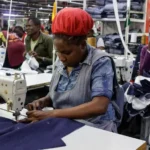
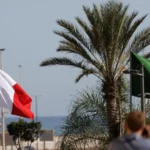


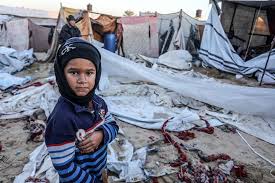
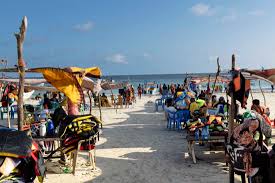
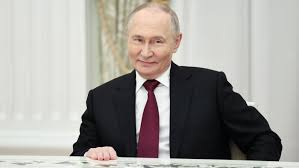
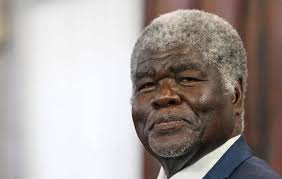
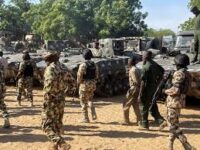

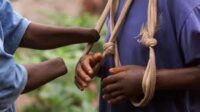
Leave a comment